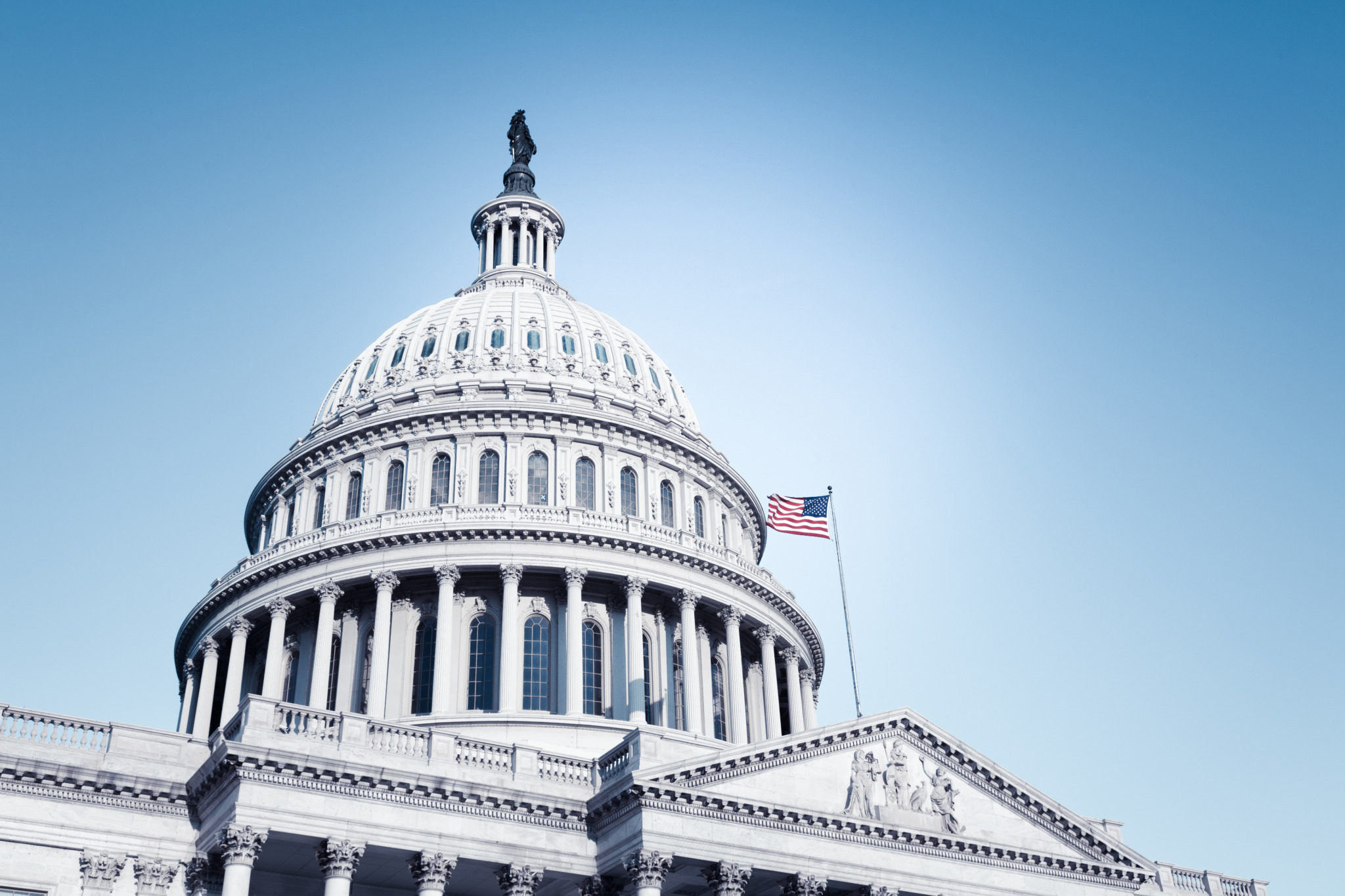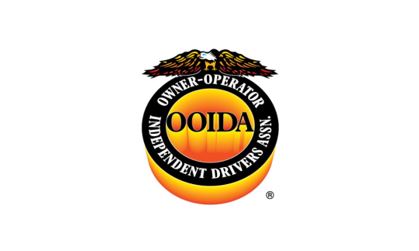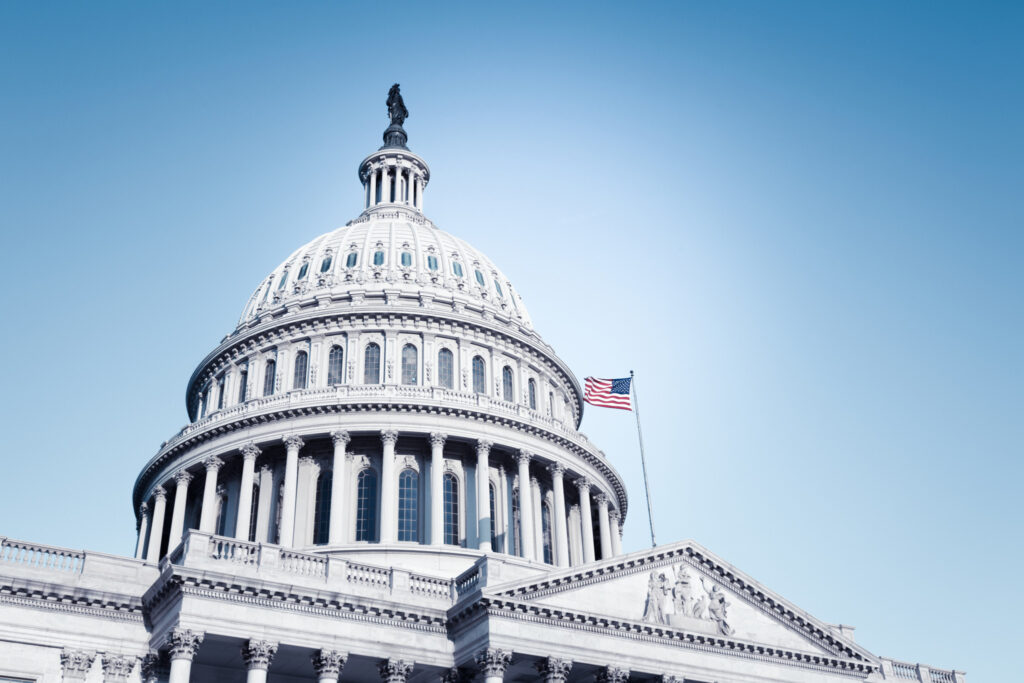
The Owner-Operator Independent Drivers Association (OOIDA) is calling on U.S. lawmakers to adopt stronger training, licensing, and qualification standards for commercial motor vehicle drivers and impose tighter oversight over truck driver training schools and licensing facilities, citing safety concerns.
In a letter sent Oct. 20 to House and Senate transportation committee leaders, OOIDA president and CEO Todd Spencer said too many drivers are entering the industry without adequate skills to safely operate heavy vehicles. The association argues that lenient licensing processes have allowed hundreds of thousands of unqualified drivers onto U.S. roads, contributing to preventable fatal crashes.

Spencer noted that the association is rejecting the industry’s long-standing driver shortage claims, saying the real issue is a high turnover rate caused by inadequate training and poor job conditions. He added that the group opposes legislation such as the DRIVE-Safe Act, which would allow younger drivers into longhaul positions, warning that it would worsen turnover while serving industry interests seeking cheaper labor.
“The trucking industry has suffered from an overcapacity of truck drivers, which has helped drive the longest-running freight recession in decades. To be clear, there is no “driver shortage” in trucking. Instead, there is tremendous driver turnover as under-trained drivers are put into a new job they are unprepared for,” the letter states. “Rather than making it easier for unsafe drivers to enter our industry, Congress should take aggressive action that will strengthen training, licensing, and qualification protocols for commercial truck drivers.”
In the letter, OOIDA recommended several proposals be included in Highway Bill Reauthorization legislation that is being developed now.
Mandatory behind-the-wheel hours
OOIDA is urging Congress to enhance the Entry-Level Driver Training (ELDT) standards implemented in 2022 by requiring a minimum number of behind-the-wheel hours. The association said the original 30-hour benchmark supported by the 2015 ELDT advisory committee was “regrettably” dropped from the final rule despite broad support, adding that 30 hours should be a required minimum.
The group also endorsed the Commercial Motor Vehicle English Proficiency Act, which would require CDL testing in English and ensure that drivers can read critical road signs before operating an 80,000-pound vehicle.
Tighter oversight over schools and carriers
OOIDA also called on the Federal Motor Carrier Safety Administration (FMCSA) to better monitor its Training Provider Registry (TPR) and remove noncompliant or inadequate schools. The organization noted that few of the thousands of registered providers have faced removal since 2022.
The association also supports provisions in the 2026 Senate Transportation, Housing and Urban Development funding bill requiring USDOT to report on certificates issued by training providers and to develop a plan for regular audits of the TPR.

The group urged Congress to tighten oversight of new carrier applicants, too, before granting operating authority. “Currently, bad actors and unqualified drivers can quickly obtain operating authority because the barriers to entry are simply too low. USDOT’s New Entrant Safety Audit is now conducted almost entirely online, making it more a reflection of an applicant’s ability to complete administrative paperwork rather than understanding how to operate a trucking business at the safest level,” OOIDA’s Spencer wrote.
The association is also opposing FMCSA’s ongoing consideration of rules that would ease supervision requirements for commercial learner’s permit holders or remove the 14-day waiting period before CDL testing, saying such changes could jeopardize safety.
“Until sufficient behind-the-wheel training is mandatory, we oppose waiving the 14-day waiting period in order to preserve training opportunities as much as possible,” OOIDA wrote.
Additionally, OOIDA raised concerns about the growing use of third-party CDL testing providers, calling for stricter federal oversight to prevent examiner fraud and ensure compliance.
Credit: Source link







